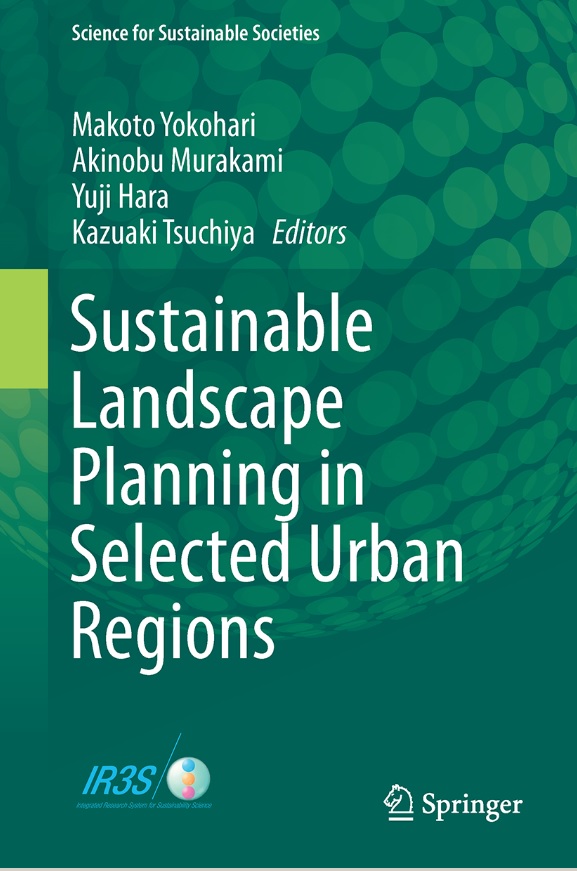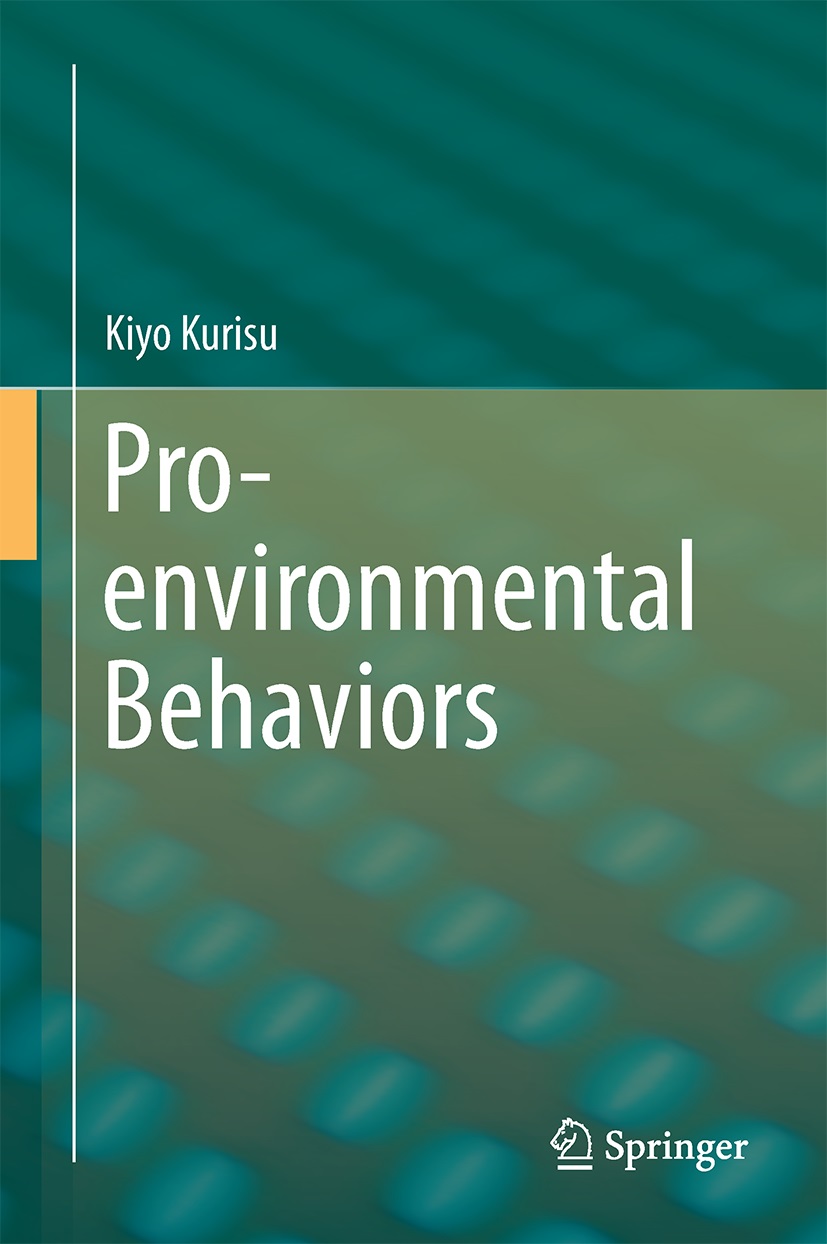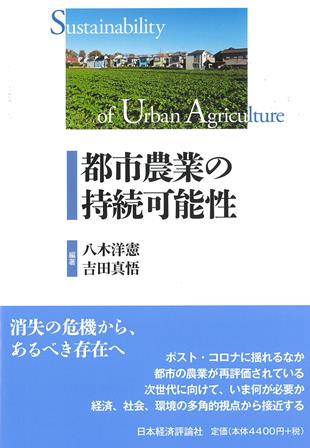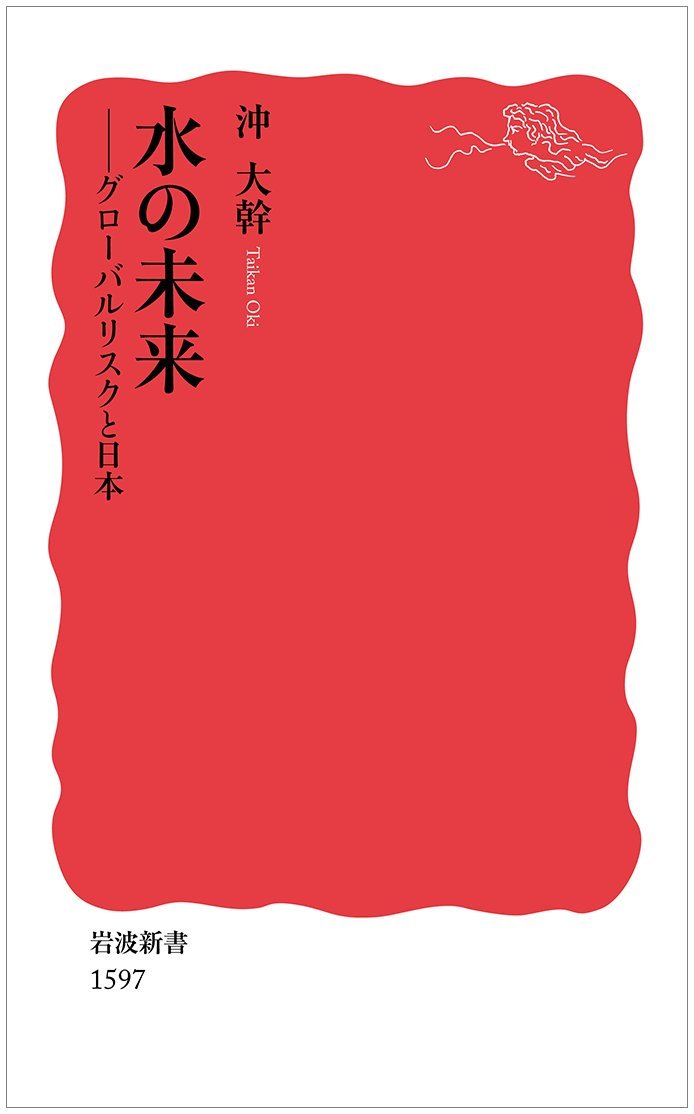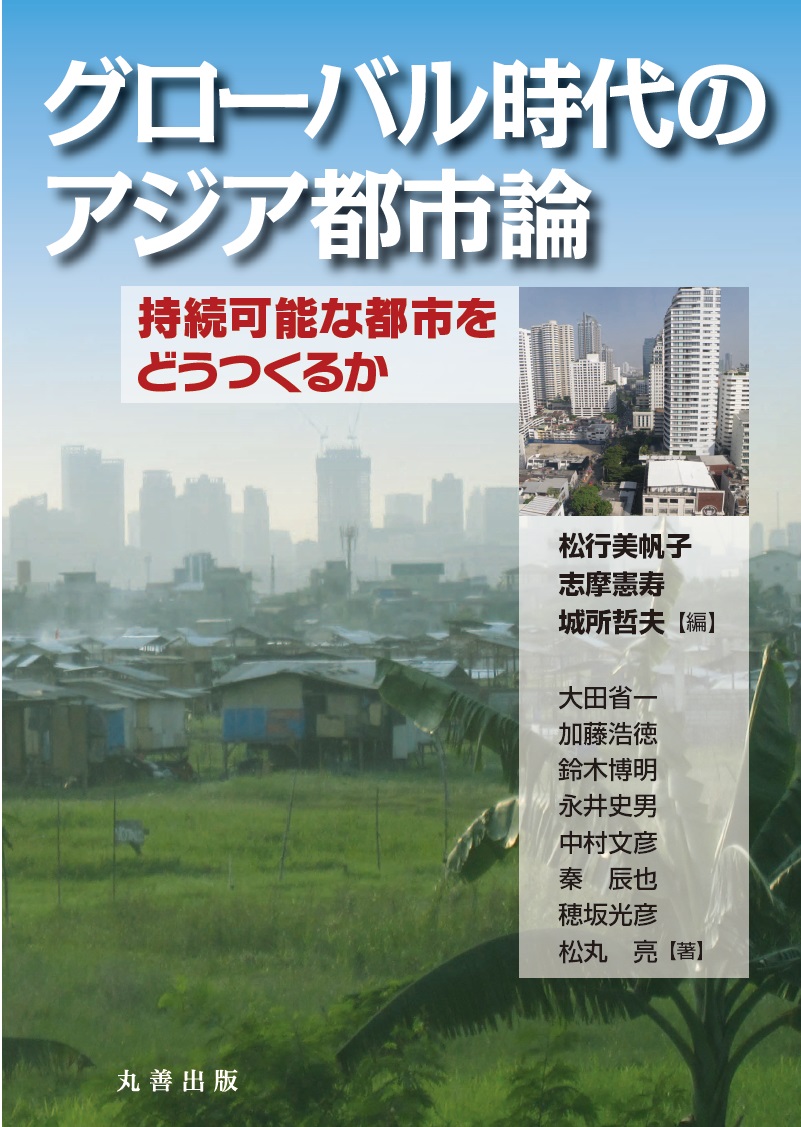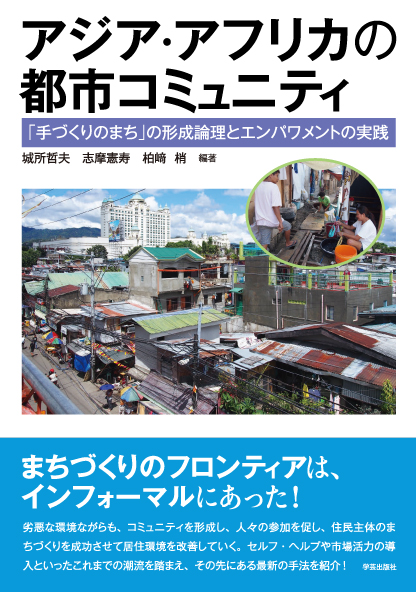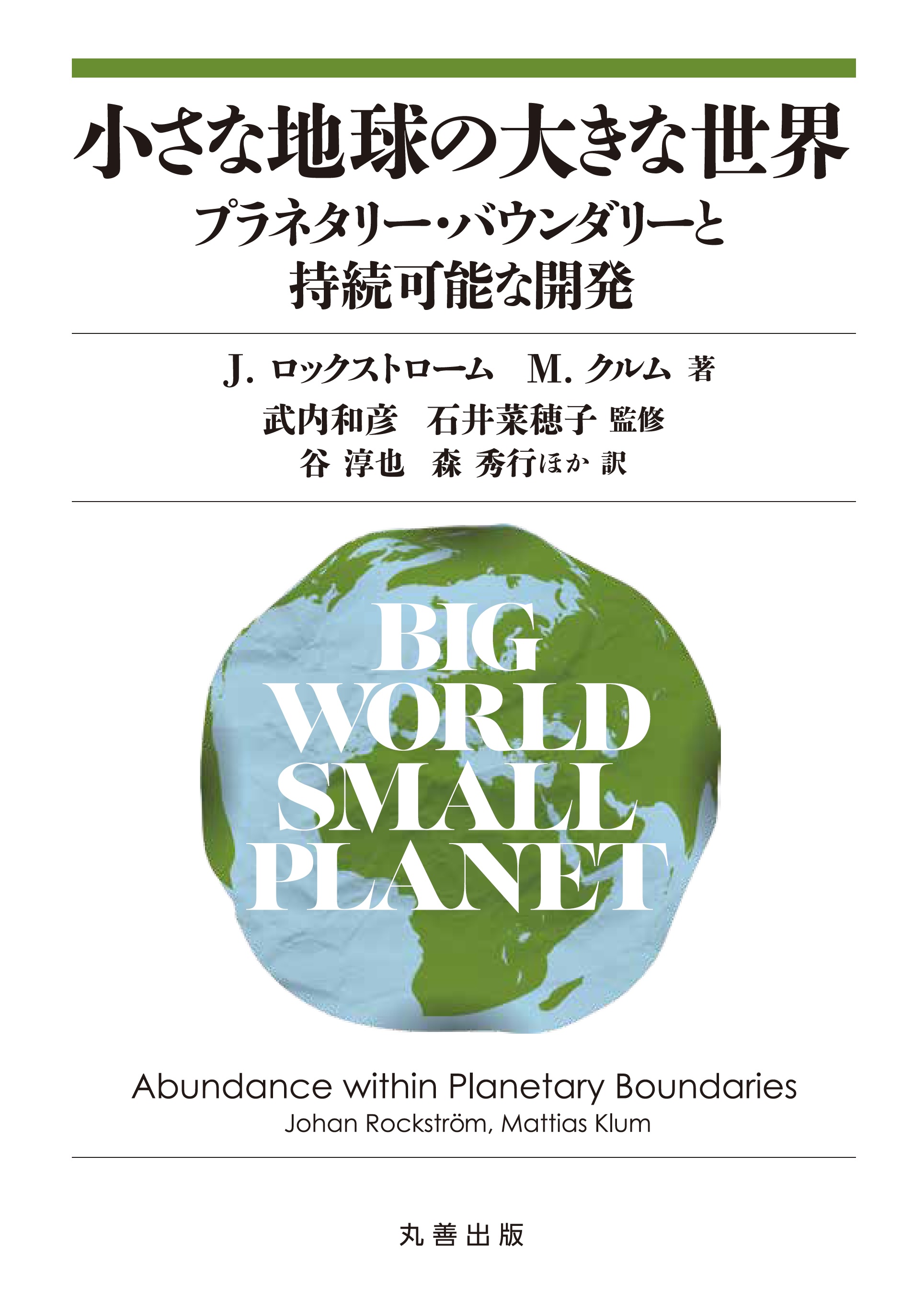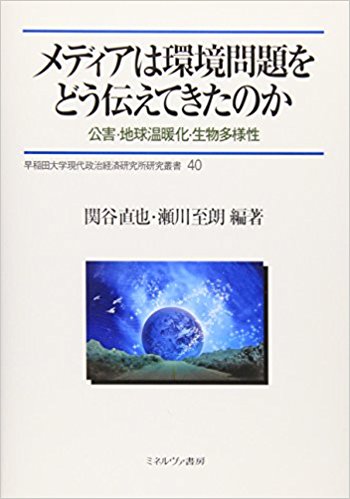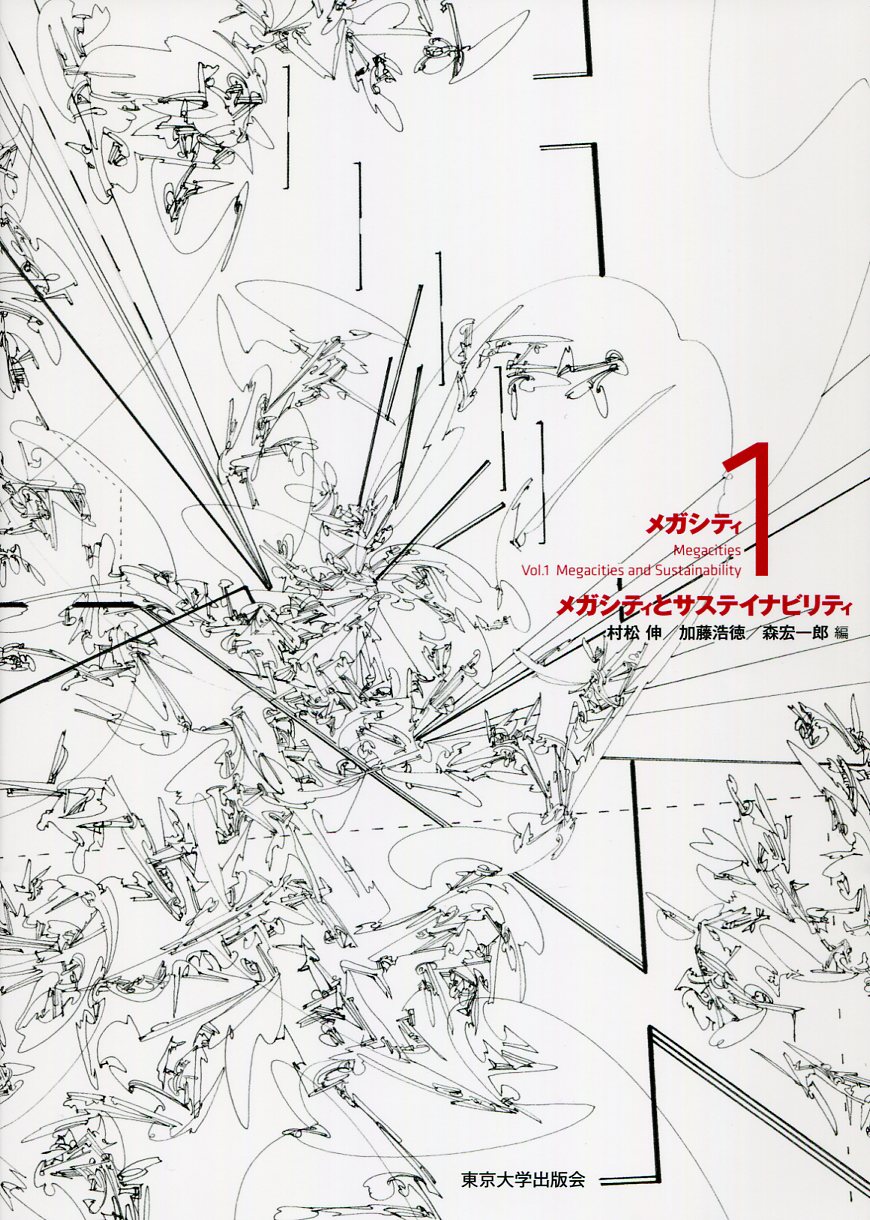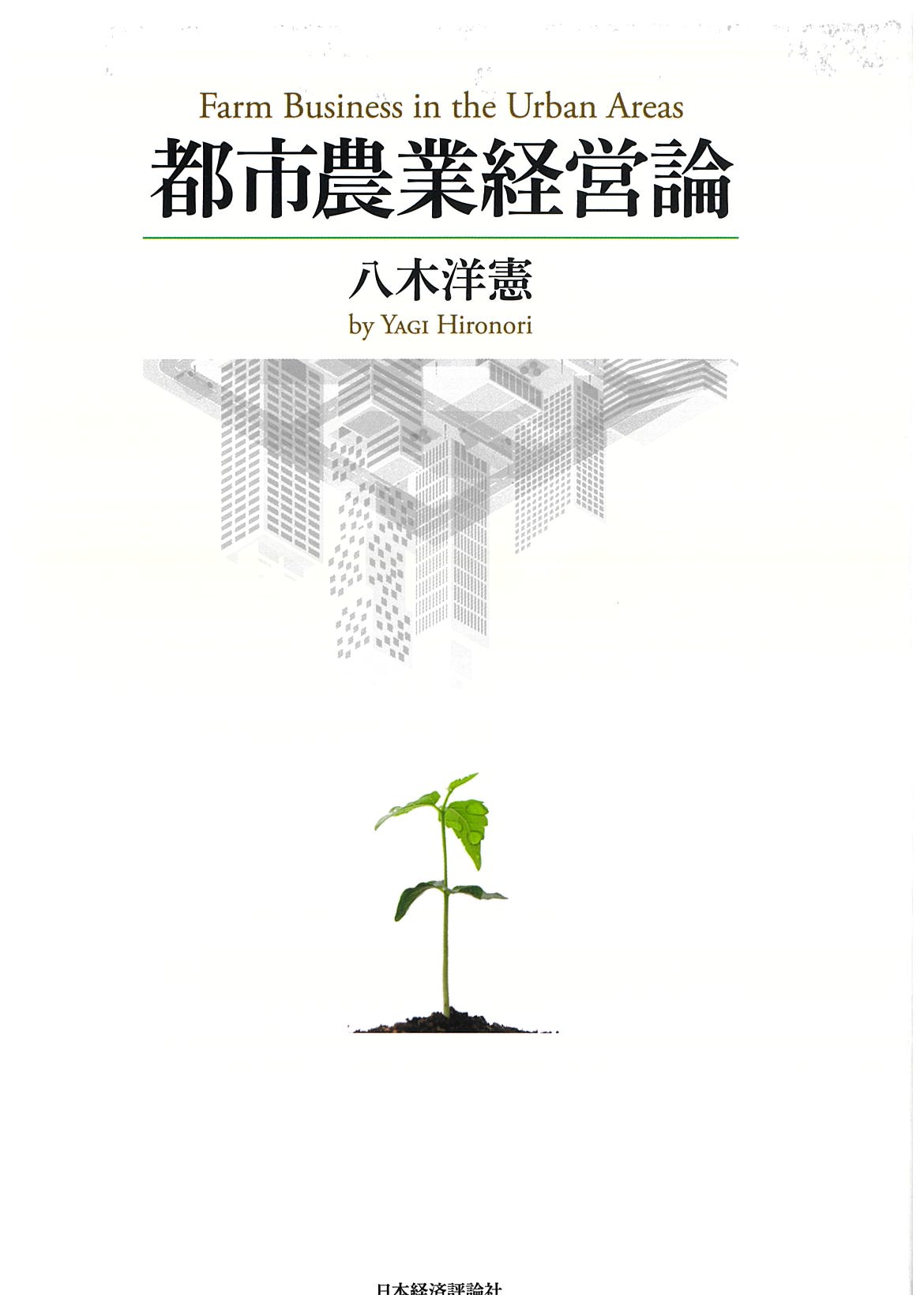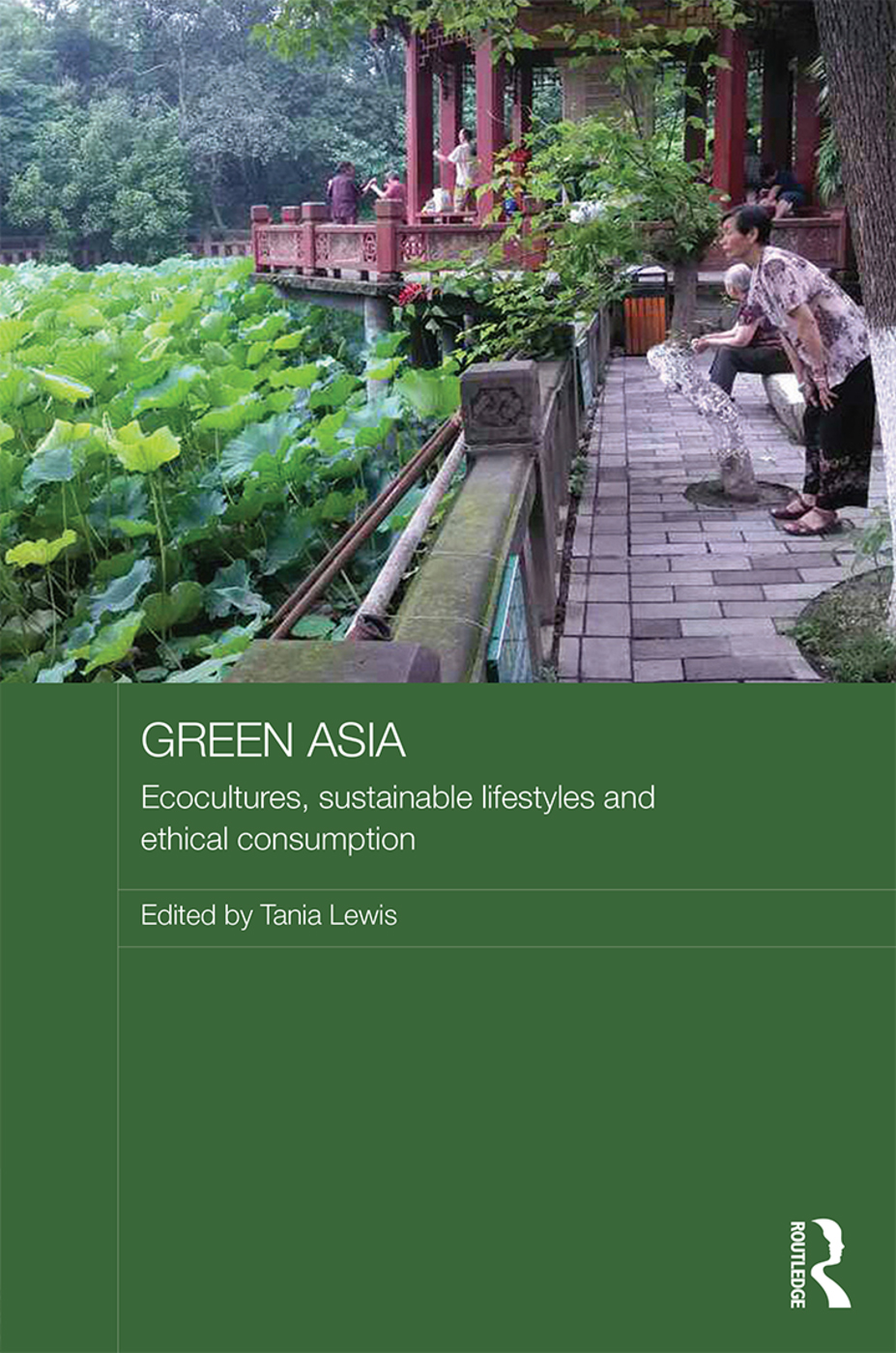
Title
Media, Culture and Social Change in Asia GREEN ASIA Ecocultures, sustainable lifestyles, and ethical consumption
Size
192 pages
Language
English
Released
2017
ISBN
9781138854086
Published by
Routledge
Book Info
See Book Availability at Library
Japanese Page
According to the United Nations, some 70% of the world’s population is projected to live in urban areas in 2050, with most of the increase taking place in emerging economies in Asia and Africa. Asian countries are now having a significant impact on the global economy, and the impact of their further economic development on the global environment will be profound. How Asian countries will manage to achieve sustainable development in the future is a critical challenge that must be addressed to enable the global community to remain sustainable in the 21st century.
With an eye on such issue, this book attempts to offer a perspective that tries to take advantage of the traditional culture and lifestyle of Asian countries for the benefit of sustainable development in the future. More specifically, it focuses on Eastern philosophical thought in which humans live in harmony with nature, describes Asia that achieves sustainable development by following such philosophy as “Green Asia,” and introduces a broad range of case examples related to ecocultures, sustainable lifestyles, ethical consumption, and so forth. Edited by Tania Lewis, associate professor at RMIT University in Australia, the book brings together authors from various parts of Asia—i.e., India, Taiwan, Singapore, the Philippines, China, South Korea, Hong Kong, and Japan—to discuss diverse themes including architecture, consumer behavior, agriculture, urban ecosystems, ecotourism, the media, and politics.
We wrote Chapter 11, in which we focus on urban farming traditionally practiced in Japanese cities and propose a possible future direction for Asian cities, where people would live in harmony with agriculture in terms of lifestyle changes. Japanese cities evolved from farming villages and even today there remain patches of farmland in urban areas, producing food for urban consumers. Also, there are an increasing number of “prosumers,” those who not only consume but also produce crops by participating in activities at community gardens or helping farmers. A lifestyle involving farming is in line with changing perception of work in recent years (as seen in the workstyle reform being promoted by the Ministry of Internal Affairs and Communication, etc.) and deserves attention as a new lifestyle of urban dwellers in which leisure and work merge. The Asian perception of sustainability, as we see it, is about pursuing something in-between, rather than dividing, what would be considered two opposing phenomena based on Western values—such as between production and consumption or between work and leisure—and refining it into a new idea.
If you have some doubts about government policies, projects, town planning, and so forth based on Anglo-Saxon or Western ways of thinking and are looking for alternatives based on Asian or Eastern ways of thinking, this book is for you.
(Written by TERADA Toru, Lecturer of Graduate School of Frontier Sciences and YOKOHARI Makoto, Professor, School of Engineering / 2018)
Table of Contents
2. From Sustainable Architecture to Sustaining Comfort Practices: Air Conditioning and its Alternatives in Asia / Tim Winter
3. Green Marketing and Green Consciousness in India / Devleena Ghosh and Amit Jain
4. Relying on Heaven’: Natural Farming and ‘Eco-Tea’ in Taiwan / Scott Writer
5. The Urban Wilds: Ecoculture, Consumption and Affect in Singapore / Hudson
6. Domestic ‘Eco’-tourism and the Production of a Wondrous Nature in the Philippines / Sarah Webb 7. The Greying of Greenspeak? Environmental Issues, Media Discourses and Consumer Practices in China / Wanning Sun
8. Building a Green Community: Grassroots Air Quality Monitoring in Urban China / Janice Hua Xu
9. Keitai mizu: A Mobile Game Reflection in a Post 3/11 Tokyo, Japan / Larissa Hjorth and Fumitoshi Kato
10. Living Co-ops in Korea: Sustainable Living, Communal Labor and Social Economy / Sun Jung
11. "Urban Farming in Tokyo: Towards an Urban-Rural Hybrid City" / Toru Terada, Makoto Yokohari, and Mamoru Amemiya
12. Farming Against Real Estate Dominance: The Ma Shi Po Community Farm in Hong Kong / Kaming Wu



 Find a book
Find a book


